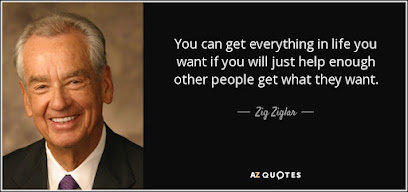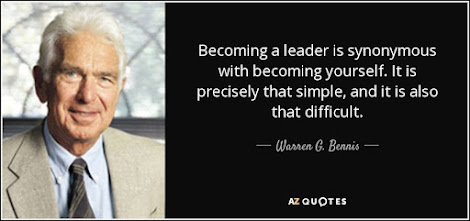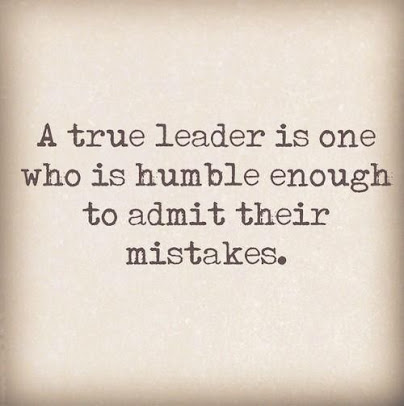Effective leaders understand that for their organization to be successful, they need the collective effort of a great team that is built by recruiting and empowering capable individuals. Great leaders know that they are not a soloist; they are an orchestra conductor. They coordinate and support others and allow them to do what they do best while providing the support that they need to be successful. When the success happens, and it will, the best leaders will pass the credit on to the members of the team who made it happen.
I have referenced this before; far too often people who occupy positions of leadership are in it for all the wrong reasons. Sadly, they do view it as a solo performance and the people around them are only there to provide background vocals. In cases like this when there is success (which is often short lived), they are quick to take the spotlight and rarely, if ever, share the limelight with others. This will inevitably lead to discouragement that will morph into dissatisfaction that will lead to mass attrition. People will talk with their feet and leave.
The effective leader will not let that happen. Every organization has turnover: people retire, they get promoted, they are presented with that irresistible opportunity, and a variety of other positive reasons. In healthy organizations this is expected and encouraged; however, in a toxic environment with an egocentric leader, people leave because of the negative culture and not because of the positive reinforcement they have received. The leader who passes the credit for success on to the people who made it happen will have a much easier time of retaining great people.
The best leaders shine the success light on others and not on themselves. They pass the credit on which has the result of people feeling valued and appreciated. It helps create a healthy work culture where people feel welcome and empowered.

































